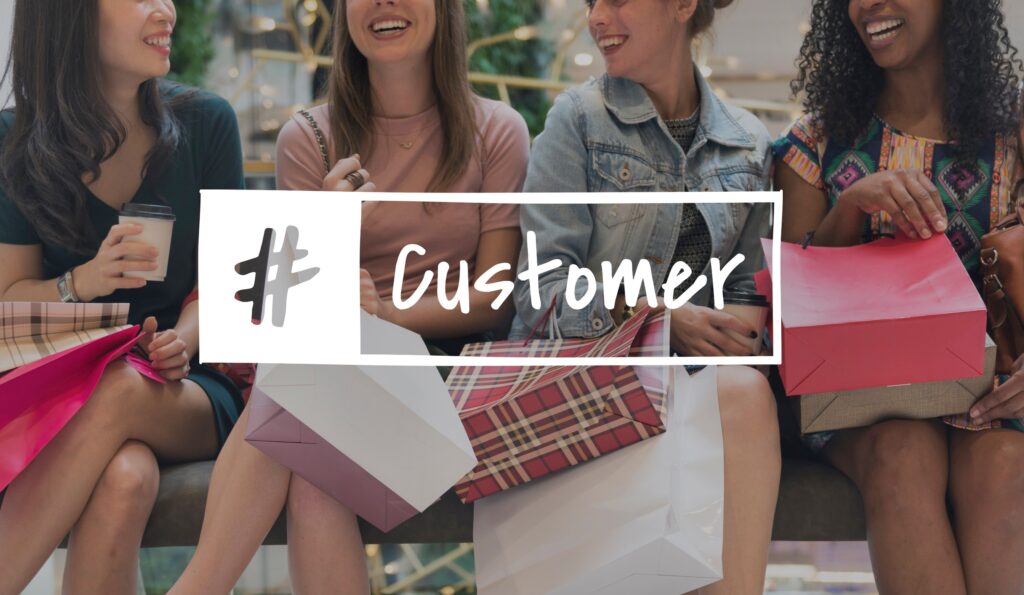My first job began with crushing disappointment when I realised that the sound of the phone ringing was not my cue to lean back in my chair, put my feet up on the desk and remove my massive clip-on earring before putting the receiver to my ear. I would not be settling into intense conversations uttering, “Yes?” and, “Uh-huh” and, “Be right there” before slamming the phone down, dashing out the door and hailing a cab which would immediately screech to a halt at my feet.
Turns out I was not Mrs. Robinson meets Cagney and Lacey working in the Hawaii 5-0 office. Instead, I was a junior account executive at an agency in Bermondsey and my biggest client was a shopping centre creche called the Hippo Club. Glamour was low. The phone was silent.
But one thing my job did involve was an introduction to trade shows and what they’re all about – namely networking and selling.
Officially, I was at the Nursery World trade show to punt the benefits of dumping your child with strangers so you could wander unencumbered around the Butts Shopping Centre, Reading. Unofficially, like the undercover spy I so wanted to be, I was hustling for new business. But due to having never been on a sales training course in my life and being generally totally clueless, initial efforts were not a success.
Never fear. Along came someone to talk to me. It was ANTHONY:
All about me
Not interested in you
That reminds me of something I did that is a lot more interesting than what you did
Happy to talk over you
Over your shoulder is someone far more useful to me (their eyes constantly scanning the room for someone more important than you)
Never follow up or say thank you if you help them
You are now, apparently, one of 500 of their closest friends.
Back in the ‘90s I met a lot of ANTHONYs. You’ve probably met them too. They give networking and prospecting a bad name. Their uber-confidence gave me the perception that brilliant networkers were able to walk away from a brand-new contact with a sale. That felt pressurising because I thought I too must sell when networking. But how? For a while, I didn’t want to even try. I spent many trade shows wandering around the stands trying to look incredibly busy whilst avoiding talking to anyone.
Youthful me, like many of us, hated the thought of talking to strangers. Why? Because of one of the top five psychological fears that everyone has – the fear of rejection.
Fear of rejection stops us from making the first move. It stops us from speaking to people we don’t know. But think about the first time you met your best friend, your life partner, your long-standing client. All the best relationships start with someone being brave enough to make the first move and someone reacting positively to the person who had that courage.
All very well, you may think, but it’s easier to speak to strangers when there’s nothing at stake – no targets to meet, no meetings to secure. Agreed. Which is why you need to take the pressure off yourself.
If, on introducing yourself to a person, you listen to what they do and then jump straight in with a sales pitch, “Oh we do that….let me tell you about it” you will come across as self-interested and obvious. Obvious that you’re after something, that you’re hunting and have selfish motives
So take the pressure off. Treat every new acquaintance as a chance to practice your ability to build rapport rapidly. Don’t sell. Help. What is it you do that could be helpful to that person? Invest the effort in practising because you are in the business of making contacts you might be of use to, not the other way round. The more contacts you make – and the better you are at making them – the more people will want your help and the easier it will be to get even more people to see you as a useful contact or even friend. Remember, networking is about advancing someone else’s agenda, not your own.
Next time you are at an event (or a trade show), be brave: seek out a stranger and introduce yourself. You never know, they could be your next best friend or – eventually – your biggest client. Let me know how you get on. Give me a call. But be patient if I don’t answer straight away – give me a moment to put my feet up and unclip my earring….
Louisa Clarke is the co-author with David Kean of Catalyst, using personal chemistry to turn contacts into contracts. Published by Piatkus and available on Amazon.
Photo by Product School on Unsplash




